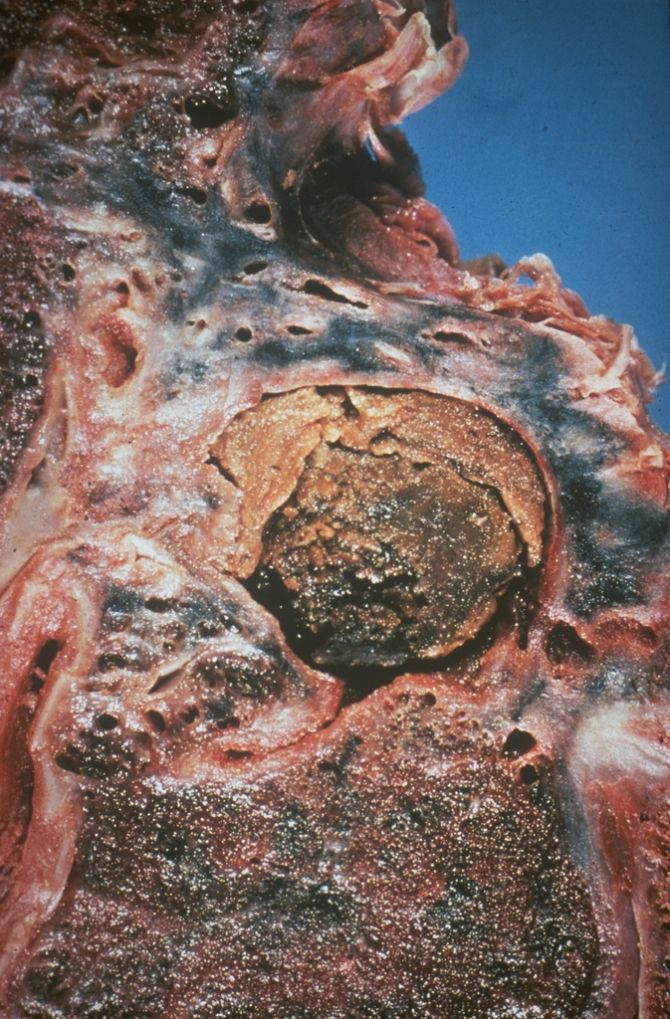Why Can't the Body Fight Against TB? Researchers Now Know

Researchers have uncovered why the body’s immune system can’t defend itself against tuberculosis by discovering that Mycobacterium tuberculosis produces a specific protein that allows it to defuse and bypass the body’s security system.
The infectious bacteria, mycobacterium tuberculosis or Mtb, is the primary cause of tuberculosis, which kills over 2 million people a year making it the leading cause of death among infectious diseases in the world, and is responsible for one in four adult preventable deaths, according to the World Health Organization (WHO).
The WHO estimates that one-third of the world's population is infected and that every 20 seconds TB kills someone, with approximately 4400 people dying every day.
The authors explained that Mtb targets human immune cells as part of its strategy to avoid detection, effectively neutralizing the body's immune response.
"TB has been able to completely mislead our immune systems, convincing our body it isn't there, which is why it is such an effective killer," said Dr. Yossef Av-Gay, research scientist with the Immunity and Infection Research Centre at the Vancouver Coastal Research Institute and professor in the Division of Infectious Disease at UBC Faculty of Medicine.
"We discovered that the cells in charge of targeting and destroying invading bacteria are being fooled by a special protein that blocks the immune cells ability to recognize and destroy it."
How does it work?
Dedicated human immune cells, called macrophages identify and defeat dangerous microorganism by swallowing bacteria or other infectious agents containing them in an enclosed secluded environment. Cellular organelles, special components of the cell, then move to the controlled area and release acid enzymes that dissolve the bacteria, an immune response that fights against most infectious diseases.
But, Dr. Av-Gay’s team has found that Mtb turns off this life saving immune response.
If Mtb is present, then once the macrophages engulf the bacteria a protein called Ptpa is secreted, this disables the two separate mechanisms required for making the acidic environment that normally dissolves bacteria.
Researchers said that Mtb lives comfortably in the immune cells hidden from the rest of the immune system, causing bacteria to multiply inside the macrophage and once released, they attack the body.
Outlook
"We have been engaged in studying the interaction between the TB bacterium and the human macrophage over the past decade," says Dr. Av-Gay.
"We are delighted with this discovery. Through learning about the tricks it uses, we now have new targets, so that we can develop better drugs against this devastating disease."
Published by Medicaldaily.com



























